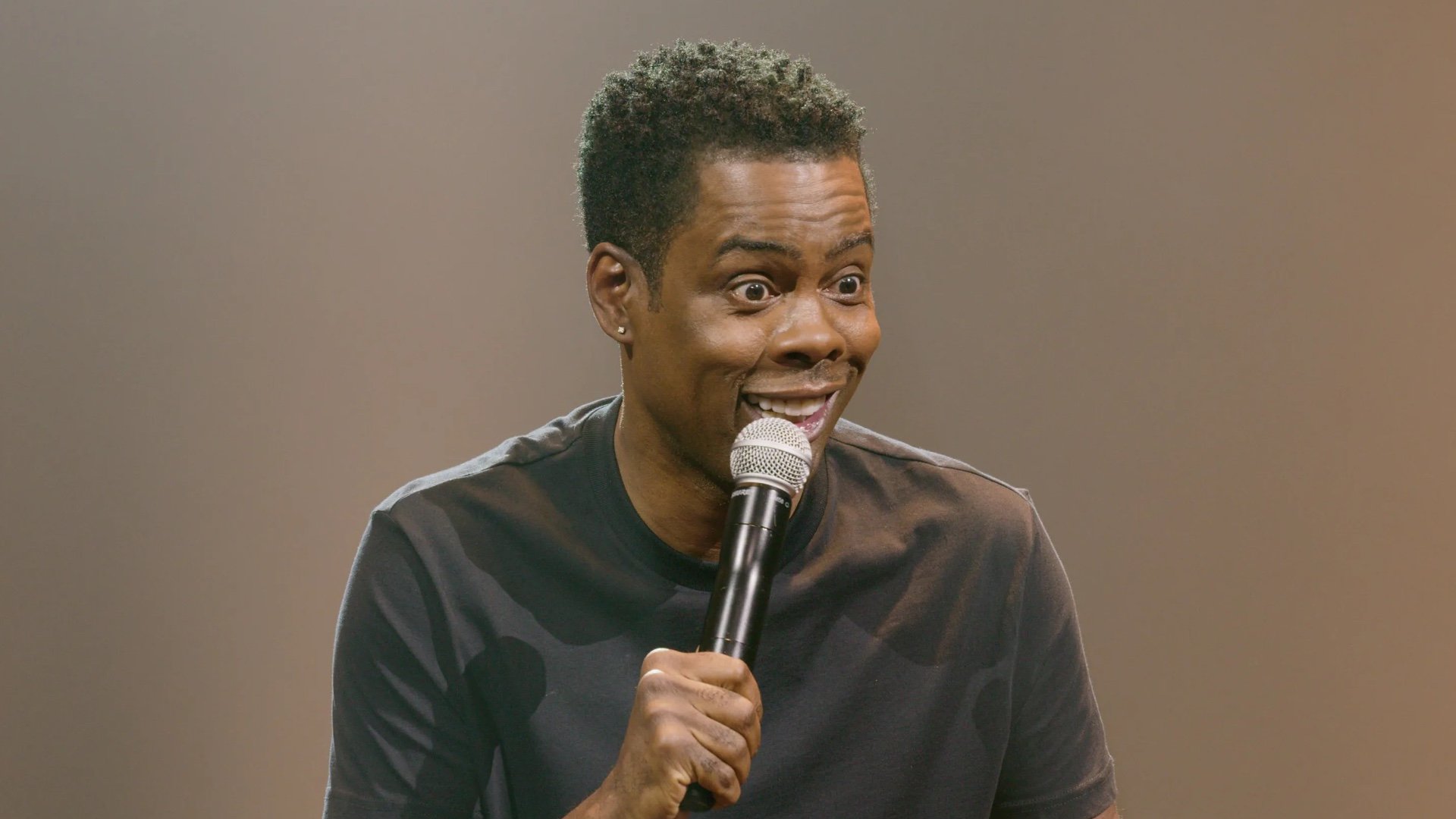From Stand-Up to SNL: Chris Rock’s Comedy Evolution – A Journey Through Laughter and Social Commentary
Chris Rock. The name conjures images of razor-sharp wit, unflinching social commentary, and a comedic style that’s both hilarious and thought-provoking. He’s a titan of comedy, a successful actor, and a cultural icon. But his journey to the top wasn’t a straight shot; it was a carefully crafted evolution, a progression from raw stand-up talent to a multifaceted entertainer who consistently pushes boundaries. Let’s take a trip through Chris Rock’s comedic evolution, exploring the key moments and influences that shaped the legend we know today.

The Early Years: Finding His Voice in the Stand-Up Arena
Before the sold-out arenas and iconic SNL appearances, there was a young Chris Rock honing his craft in the unforgiving crucible of stand-up comedy. Born in Andrews, South Carolina, and raised in Brooklyn, New York, Rock’s early life experiences undeniably shaped his comedic perspective. He witnessed firsthand the realities of racial inequality and economic disparity, experiences that would later become the bedrock of his comedic observations.
His early sets weren’t polished masterpieces; they were raw, energetic expressions of a young man finding his voice. He wasn’t just telling jokes; he was sharing stories, observations, and frustrations, all delivered with a rapid-fire delivery and a captivating stage presence. Think of it like this: He wasn’t just performing comedy; he was living it.
This period saw Rock developing his signature style – a blend of observational humor, social commentary, and fearless honesty. He wasn’t afraid to tackle controversial topics, which set him apart from many comedians of the time. This willingness to confront uncomfortable truths would become one of his defining characteristics.

- Key influences during this period: Eddie Murphy, Richard Pryor, and Bill Cosby (although Rock later distanced himself from Cosby due to the allegations against him). These comedic giants showed him the power of observational humor, social commentary, and the importance of connecting with the audience on a personal level.
The SNL Breakthrough: A Springboard to Stardom
In 1990, Chris Rock joined the cast of Saturday Night Live (SNL), a pivotal moment in his career. SNL wasn’t just a job; it was a comedy boot camp, a high-pressure environment that forced him to constantly refine his skills and adapt to different comedic styles. The show’s fast-paced nature demanded quick wit and adaptability, pushing Rock to hone his comedic timing and delivery to perfection.
His time on SNL wasn’t without its challenges. The show’s notoriously demanding schedule and the pressure to consistently deliver funny material tested his resilience. However, Rock thrived in this environment, using the platform to showcase his unique comedic voice and establish himself as a force to be reckoned with.

His SNL characters and sketches often touched on social and political issues, reflecting his growing awareness of the world around him. He wasn’t afraid to push boundaries, tackling sensitive topics with humor and insight. This willingness to challenge the status quo solidified his image as a comedian who wasn’t afraid to speak truth to power.
- Notable SNL contributions: His memorable characters and sketches often showcased his ability to blend observational humor with social commentary. He didn’t shy away from tackling racial stereotypes and societal inequalities, often using satire and irony to expose hypocrisy.

The Stand-Up Renaissance: Mastering the Art of Observational Comedy
After his SNL stint, Rock returned to stand-up with renewed vigor. His stand-up specials became increasingly sophisticated, showcasing his mastery of observational humor and his ability to weave together personal anecdotes with broader social commentary. He wasn’t just telling jokes; he was crafting narratives, building characters, and delivering powerful messages wrapped in laughter.
His specials, such as "Bring the Pain," "Bigger & Blacker," and "Never Scared," became cultural touchstones, reflecting the changing social landscape and challenging audiences to confront uncomfortable truths. These specials weren’t just comedic performances; they were social commentaries disguised as stand-up routines, sparking conversations and challenging preconceived notions.
- Key themes explored in his stand-up: Race relations, class differences, gender dynamics, and the absurdity of everyday life were recurring themes, often tackled with a unique blend of anger, frustration, and ultimately, humor. He wasn’t afraid to be provocative, pushing the boundaries of what was considered acceptable in mainstream comedy.

From Stand-Up to the Big Screen: A Multifaceted Career
Chris Rock’s comedic talents transcended the stand-up stage and SNL. He successfully transitioned into acting, showcasing his versatility in both comedic and dramatic roles. His film career highlights his ability to connect with audiences on a deeper level, demonstrating his range and depth as a performer.
From his memorable roles in films like "Dogma" and "Grown Ups" to his more dramatic performances, Rock proved that he was more than just a comedian; he was a multifaceted performer capable of captivating audiences in various genres. His ability to seamlessly blend humor and drama showcased his artistic evolution and his commitment to pushing creative boundaries.